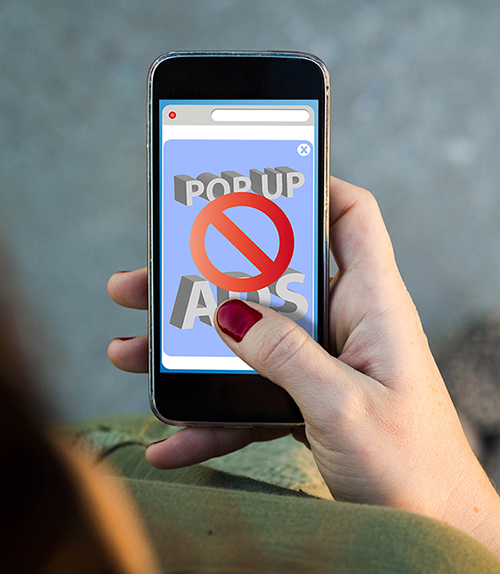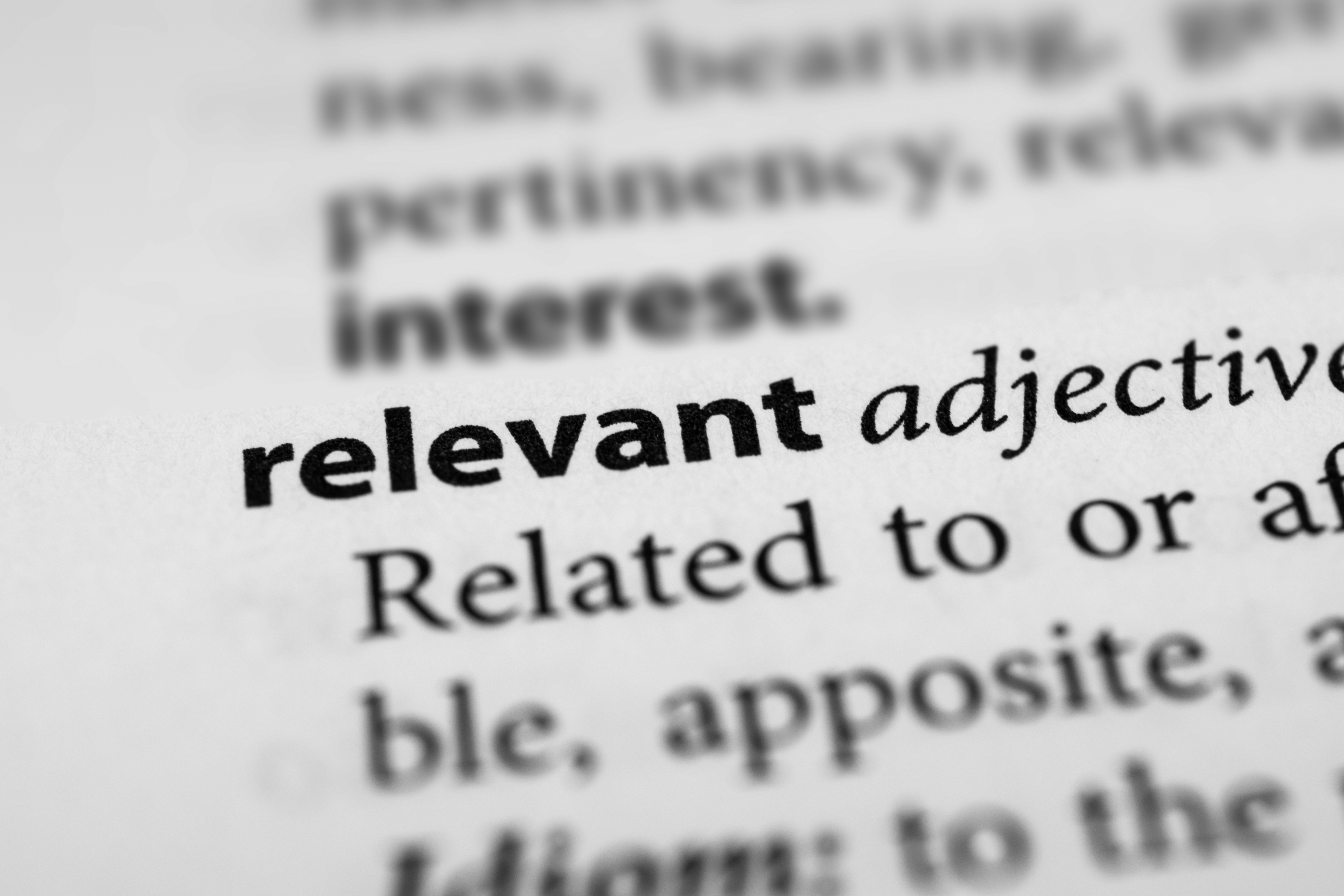

Well, okay, maybe not stop altogether. But here’s the deal, your advertising campaigns aimed at the younger generation might not be working. Why? The simple answer is that millennials are not responsive to the same kinds of advertising methods that worked on previous generations. Now, if you’re already tired of reading this post, here’s the main point: Stop trying to advertise to millennials and just interact with them.
The main reason is a bit pragmatic in nature: nearly every business (no matter what it is) wants millennials to buy their product or invest in them. But getting business from millennials is a little bit tougher if you’re not tuned into the right channels.
Technology has obviously changed the way we do business, and e-commerce is quickly overtaking your traditional brick-and-mortar establishments. (Blockbuster, anyone?) So, let’s consider a few ways your advertising strategy (with millennials) may need some updating as well.
Millennials Don’t Like Advertisements

It may sound a little harsh, but it’s true. In traditional advertising, phone calls are made, billboard space is purchased, print ads are mailed out, and emails are sent en masse. But for millennials, who largely grew up in a digital era, these things carry little weight. Where a more invasive method of advertising was popular, it isn’t ringing all the same bells with a younger generation. They don’t like to be interrupted. Studies show that 60% of millennials block advertisements, and they aren’t shy about it, either.
There are some practical reasons millennials don’t like ads, of course. Dated advertising methods & platforms look old hat to just about anyone, but especially the millennial generation. But there are deeper reasons, too. For those who grew up with smartphones, streaming music, and HD television, a poorly-formatted video or a non mobile-friendly site sets off all kinds of alarms.
 Specifically, the “I’m-not -getting-what-I-signed-up-for” alarm. Perhaps we’ll have a psychologist analyze exactly why millennials are so averse to being interrupted by advertisements someday, but the simplest explanation for now is likely that they want to get on with the program. Click through to the site, watch the video, etc. In other words, ads slow down a generation of people used to living in the digital fast lane.
Specifically, the “I’m-not -getting-what-I-signed-up-for” alarm. Perhaps we’ll have a psychologist analyze exactly why millennials are so averse to being interrupted by advertisements someday, but the simplest explanation for now is likely that they want to get on with the program. Click through to the site, watch the video, etc. In other words, ads slow down a generation of people used to living in the digital fast lane.
Director of Search and Social here at DealerOn, Greg Gifford, works tirelessly to optimize websites for auto dealers, and he’s got the millennials in mind. He says, “Millennials are all about ‘right now’ — they don’t want to be interrupted by your old-school ads. You’ve got to be more creative, serve them personalized ads that are relevant, or you’re going to miss the boat.”
So, now we know why millennials don’t like advertisements. Let’s talk about what they do like.
Millennials Love Experiencing Things
 Authenticity & relevance may sound like buzzwords, but they’re what most people crave. Whether it’s in the brands to which they’re loyal, the source of the food they buy, or the ethics of the companies they support, folks generally want products they can believe in. Millennials, though, are also interested in what their product says about themselves. That is, if someone is a die-hard environmentalist, your Hummer dealership won’t go over particularly well with them. It’s not just that it’s the wrong car for them, but it’s the wrong experience. That Hummer, were it a person, doesn’t have the same views on environmental conservation. For shame! Next vehicle, please.
Authenticity & relevance may sound like buzzwords, but they’re what most people crave. Whether it’s in the brands to which they’re loyal, the source of the food they buy, or the ethics of the companies they support, folks generally want products they can believe in. Millennials, though, are also interested in what their product says about themselves. That is, if someone is a die-hard environmentalist, your Hummer dealership won’t go over particularly well with them. It’s not just that it’s the wrong car for them, but it’s the wrong experience. That Hummer, were it a person, doesn’t have the same views on environmental conservation. For shame! Next vehicle, please.
Having a unique, engaging advertising experience will attract more millennials than traditional ads.
For every business, of course, having a relevant advertising strategy will look a little different. So, let’s look at what an engaging experience actually means in the digital age.
Social Media Platforms
 Earlier, we said that millennials are exceptionally prone to blocking ads — this goes for videos, news websites, applications on their phones, etc. Millennials are even averse to clicking on paid advertising, like a sidebar on a website or an ad within a Google search. However, social media has largely been left alone. That’s because millennials don’t mind advertisements in social media, since it’s far more likely to be both a relevant and personal experience/interaction.
Earlier, we said that millennials are exceptionally prone to blocking ads — this goes for videos, news websites, applications on their phones, etc. Millennials are even averse to clicking on paid advertising, like a sidebar on a website or an ad within a Google search. However, social media has largely been left alone. That’s because millennials don’t mind advertisements in social media, since it’s far more likely to be both a relevant and personal experience/interaction.
To put it another way, those ads “speak” to them in ways that a billboard featuring a man guzzling Coors Light surrounded by swimsuit models simply can’t. That’s not to say those billboards aren’t working for someone, but millennials aren’t about to pick up the phone and call the number on that billboard. Clicking on a timely ad while scrolling through Facebook? Sure thing.
How do you get there, as a business? One of the most powerful resources available to you is the sheer amount of user information and data that social media giants like Facebook and Twitter will provide for you. That means you can get specific with your advertisements — very specific.
So, what about your business? Are you spending time & money on social media advertising, and have you given any thought to making your ads more relatable and personable? Do your advertisements send a generic, all-encompassing message? Or are your potential customers scrolling through their social media accounts, seeing your ads, and thinking, “Yeah, that does sound like me!”
The fun part, of course, is analyzing all of that user data, determining where your ad dollars are best spent, and then crafting visually-stunning and clickable ads that a millennial will want to check out. But that’s the sort of strategy that needs to be adopted, or businesses will be left in the dust.
And while we’re on the subject, mobile-friendly sites are more important than ever, since 97% of millennials access content through mobile and another 20% exclusively use mobile. Before you go spend any money on Facebook ads, read this post first.
Be Believable & Relatable
Some final thoughts. Marketing & advertising to millennials is something that nearly every business will reckon with, not just the automotive industry. But at the same time, buying a car used to be an all-day (or all-weekend) affair. Going to lot after lot and test driving cars was the way it was done, not getting electronic quotes and watching walkaround videos. Feeling nostalgic yet?
Well, since the millennials have gone almost exclusively digital, that’s the best way to reach them. You can make your advertisements more believable by backing them up with insights and reviews by their peers. Best way to do that? Using the channel of social media, of course. Data from groups like Facebook will help your message get to the right crowd, making it relatable.
We like to share relevant digital marketing and automotive news on our blog, so let us know if you found this helpful. And if you have any crazy stories about billboards, share it in the comments.


